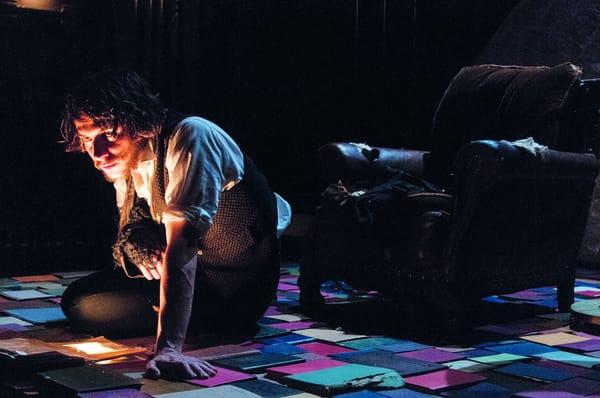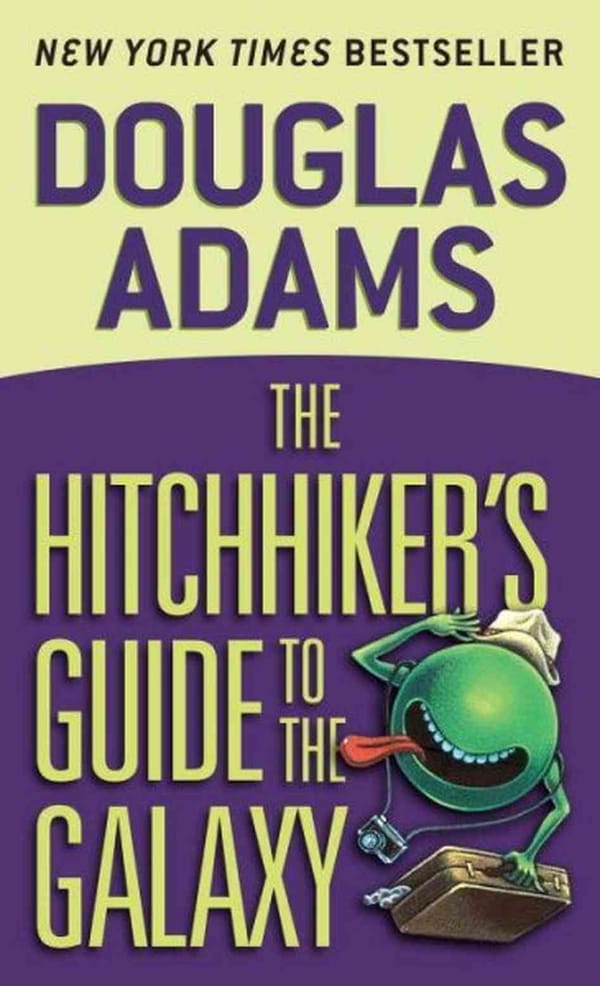Get brought LOW | Reading as relaxation
Immersing yourself in a good book or comic can provide you with the perfect opportunity to practice self-care – it gives you time to sit down, chill out, and totally engross yourself in the power of words and images. felix Editor Lef Apostolakis gives his own personal recommendation: LOW
"Life without art is not worth living”
I don’t often write reviews. I find it hard to judge someone’s work – partially because I never feel like I have the authority or knowledge to publicly share my personal criticism, and partially because I believe in making art for the sake of art, which makes it even harder for me to think along the lines of a review-format. But I felt I should make an exception for LOW; not only has it become one of my favourite reads, but it has also, unexpectedly, entered my ritual of self care. LOW is a comic series, set in a futuristic, underwater, somewhat post-apocalyptic world, where the Sun’s progression into a red giant has unexpectedly sped up, forcing humans to recede into the deep to take cover from their star’s radiation.
We enter the timeline millennia later, at a point where humanity seems to quite literally be on its final few breaths of air, and the last remaining human colonies are on the verge of collapse. The story centres around Stel and her shattered family, who is attempting a trip to the surface in order to collect a space probe which might contain the coordinates of a hospitable world. During the course of her self-assigned mission, she discovers lost worlds only to shatter them, encounters beautiful creatures only to eradicate them, and is trapped in a constant back and forth between finding and losing her family, her objective, her hope, her life.
Though the story at first glance seems to be little more than an adventure packed with action, sex, and violence, what writer Rick Remender really deals in is hope. In this world he has constructed, hope becomes quite literally a commodity. In one of the colonies, Salus, hope and optimism have become a pointless religion, abandoned in the face of humanity’s inevitable end in favour of an Epicurean existence centered around pleasure, its residents literally living their final moments in a garden of Eden. What’s the value of hope when you’ve “seen the truth and you’ve accepted it”, when “the Universe has given you the middle finger?” one of the elected leaders asks Stel.
In another colony, Voldin, hope is seen as dangerous, becoming contraband; its propagation punishable by death. Artists go underground, and attempts to inspire the hope-starved populace are seen as a major threat to stability and survival, in need of suppression by the Ministry of Thought. Hope is seen as dangerous because of its ability to lift up its bearers, only to bring them crashing down when it’s inevitably proven to be false: “the inevitable fall killing every one of them” to paraphrase Voldin’s leader .
The story goes forward through the constant breaking and mending of the characters: we see them reunited only to be torn apart again; they search for their purpose only to realise it involves their sacrifice; they find love only to experience heartbreak. At points, hope is the only thing powering them, pushing them forward. And while they successfully manage to overcome whatever ridiculous obstacle they’re faced with, they do so only to plunge deeper into an abyss of despair.
Meanwhile, Greg Tocchini’s artwork perfectly complements this constant juxtaposition of hope and futility, optimism and nihilism. His lines are loose, and his colouring work flows effortlessly through shapes and panels. Though his illustrations have the clear purpose of communicating this epic, they might as well not: they often seem like nothing more than windows in this beautiful world residing in Remender’s mind, stills from a natural history documentary, a glimpse of nature and the universe which simply exist defiantly, purposelessly. The series is full of gratuitous sequences of beautiful silence. Expertly designed panels calmly illustrate the thriving world that humans are desperately trying to escape from. Vibrant life and colour contrast humanity’s bleak and anthropocentric perception of their world.
It takes twelve issues, and humans setting foot on the Earth’s surface for the first time after thousands of years, for someone to finally utter the bitter truth. “Hubris. Proposing that we were the last embers of some unique flame…. We are not unique. Our absence wasn’t felt. Life continued on. As if we’d never been.”
LOW is truly a work of art. I recommend its consumption in volumes as its reading en-mass becomes a long process, one that requires setting time aside for it and for you. Take your time reading it, and allow your eyes to drift as you lose yourself in the wonderful illustrations, as you discover purposeless detail, as you consider the composition of the panels, trying to find meaning that may or may not be there. Take time to love the characters who are so beautifully constructed, to know their hopes, and see their flaws crush them. Allow your breath to catch up with your heart as catharsis washes over you and you sit there numb, after your expectations have failed to be met. Give yourself space for when you’re brought low.







